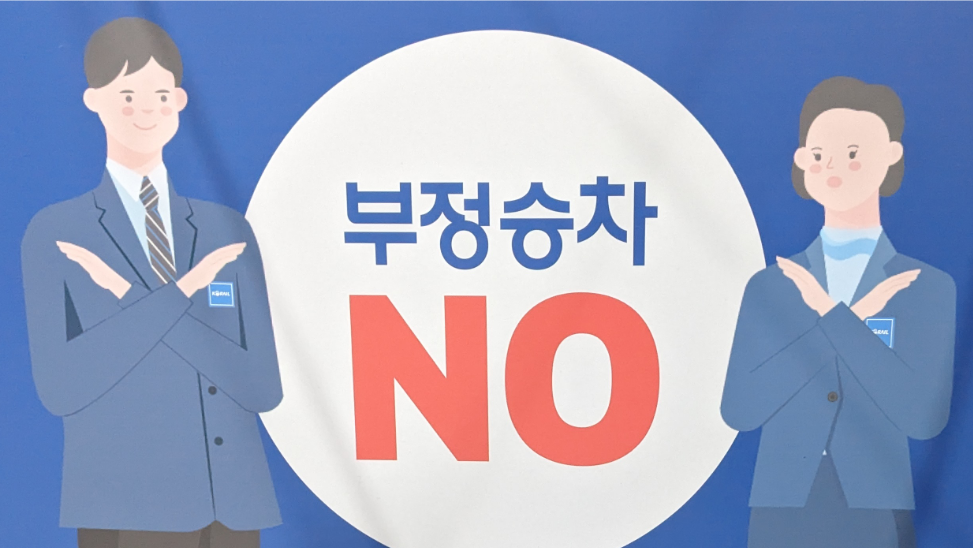Also, how long do you take a holiday/vacation for?
20 days pto plus around 8 paid holidays that are set days.
Union job, America.
Denmark: 30 paid days off per year, paid sick leave, some unknown amount of public holidays. Really enjoying this socialist-democratic hellhole.
I live in Australia but working remotely for a US tech company.
- Unlimited PTO (company policy) that my boss encourages to take. If I take less than 4 weeks then I get paid (Australian policy)
- Unlimited sick days
- 16 weeks maternity leave at full pay (company policy), or 24 weeks at national minimum wage (~AUD 185/day) for Australian policy. Up to 12 months unpaid
I usually take 6-8 weeks a year of PTO and for maternity leave I’ll take the 16 weeks paid, and 8 extra weeks unpaid/minimum wage (depending on my spouse’s situation)
USA, self employed so 0 hours PTO but also don’t have to deal with an HR department to take time off.
Canada. Union. IT. Mixed Gov/corp contract.
100% WFH (anywhere, but within the country if you’re on the gov stuff)
22 holiday-days a year. But given the 9x9 fortnight means an extra day off within the paycheque, timed around stats it means 7 weeks.
Generous supplemental medical and dental and vision plan, workday ends precisely at 4:39 and no one expects you to stay a millisecond after; but we stay to either finish or mothball a task so it’s an easier pickup. Evenings and holidays are fucking sacred and you won’t get contacted unless it’s a break-glass all-hands event.
The job is too much fucking Ansible and not enough real work, but I joined because I know the staff and it’s a really great and cohesive team. New openings only when someone retires, and with luck I could end up sailing the world on half pay for life like the guy whose seat I took over.
Canada, technically unlimited but I generally take 5-6 weeks
US - 0
None at all, no sick, no holiday, no federal holiday, absolutely no PTO. If I don’t go in I simply don’t get paid.
Same and same.
Spain:
12 national holidays.
29 vacation days.
4 sick days without a doctor signed medical leave. As many as I need with a medical leave.
Switzerland, 35 days of vacation but that is just the company I work for, usually it is 20-25 days. Also an additional 7 days of national and communal holidays.
I usually go on short vacations, 3-7 days.
Also Switzerland here, adding some more info:
The minimum by law is 20 days in general, 25 days for people under 20 years of age. But getting 25 days independent of age is pretty standard at least for office jobs. At my workplace I get 25, people over 50 years of age get 5 days extra.
Also by law two weeks of vacation are to be taken en bloc., so technically that’s not allowed hubobes ;-) but I have not yet heard of any enforcement of this for smaller places. I have a friend who works for a bank, they are apparently very strict in forcing their employees to take two weeks en bloc each year.
Some collective employment agreements for industrial sectors mandate 25 days and mandate an increase for people over 50, but I don’t know for which sectors.
Ah and as for sick days, by law 3 weeks in your first year, and longer later. There are a few scales for the exact increase over time, but just as an example the one from Basel is 2 months starting in your second year, 3 months starting year 4, 4 months starting year 11.
Unless your contract has an insurance for sickness, which work a little differently, there it’s like 80% of your salary for 720 days within 900 days. With various little details, like nothing for the first 3 days, or burden of proof from day x, or sometimes 100% instead of 80%. Depends on the insurance, but it has to be good enough to be considered equal to the above mentioned minima by law.
Murica. 10 days given per year. 10 days taken. Use it for last two weeks of the year
20 discretionary, 12 set public, unlimited negotiable, 10 sick days. New Zealand.
The Greatest Country On Earth, Pennsylvania.
40 hours
Germany.
- 30 vacation days.
- 16 public holidays.
- Unlimited sick days (6 weeks paid by employer, the rest by the health insurance, at a lower rate)
These are all paid,
all working dayssome public holidays may fall on the weekend.I started this year with 9 vacation days from last year, I had to take them before the end of March, so I just randomly took a couple of weeks in Feb and Mar.
I usually align my vacation days with my kids school holidays, but I take 2-3 weeks continuously in the summer, usually late August.
It’s a bit misleading to count the public holidays which are always on a Sunday. The normal maximum you can get with days that can fall on a weekday is 14 in the city of Augsburg.
And the number of sick days is not unlimited. The cause for the illness/injury must not be your fault. And then it’s limited to six continuous weeks for the same cause. It’s a bit more complex, but the gist is that it’s not unlimited.
It’s not limited to 6 weeks, you just need a doctor to tell your company you need longer (and your compensation is lowered iirc). Someone who gets run over by a lorry and has to stay in hospital for months doesn’t lose their job, like they would in the US.
Public holidays vary per Bundesland. Berlin has the fewest!
The part about not losing your job is true. The six weeks are mandated by law, it’s how long your employer has to pay your full salary. After that your health insurance will pick up the bill, paying “Krankengeld”. This is limited to 78 weeks within a three year span. Krankengeld is limited to 70% of your income before taxes.
USA, tech start-up. “unlimited PTO” and probably about a month’s worth per year. Also full WFH but that’s because of a medical exemption.
While I’m at my desk, I work extremely hard but don’t usually work more than 35ish hours per week as I my brain can’t sustain much more.
US, I just got to offer stage with a company and the PTO was 10 days… I’m originally from the UK, and previously worked with startups from other countries, so this is shocking to me. More infuriating was the response from my friend group when I complained about it. “Yeah that’s pretty standard” and I’m like “ok but it’s also shit?”
There’s been a continuous movement in the US to reduce workers rights since the 70’s. I offer 10 sick (mandatory by oregon) and 10 vacation, and it’s considered generous. I also pay full health care, which is considered ridiculously good.
1947 marked a major turning point for workers rights in the US when they outlawed solidarity between unions
https://en.wikipedia.org/wiki/Taft–Hartley_Act
The US and France currently both have around 10% union workforce, France is a million times more effective at striking because unions strike together & nonunion workers don’t cross strike lines, coordinated and targeted.







